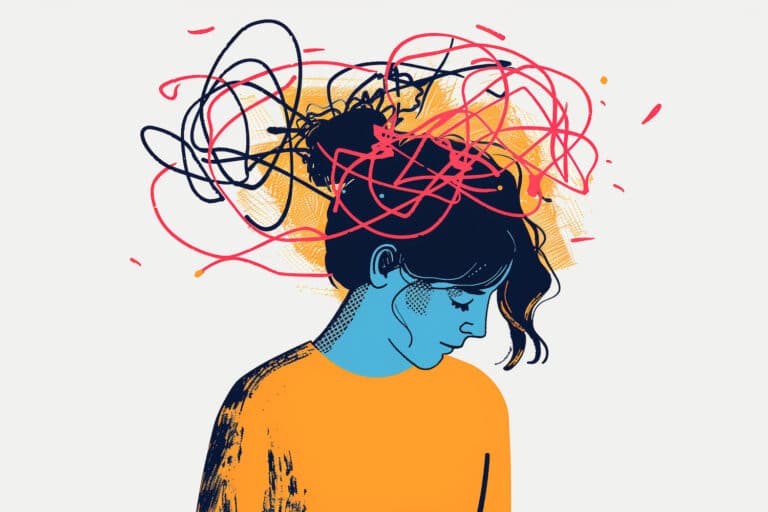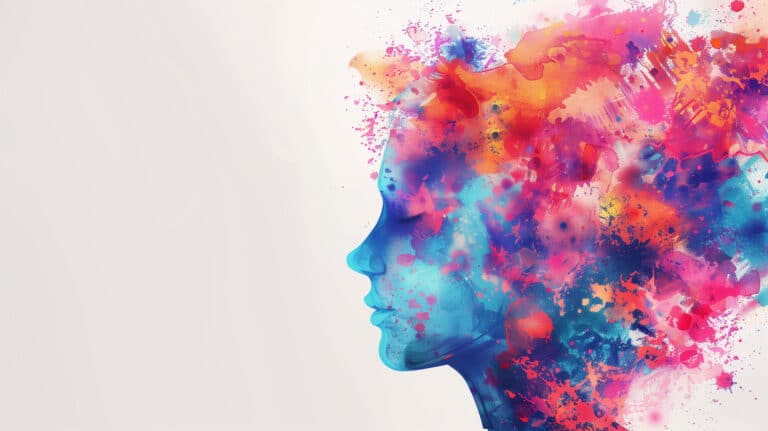Family and Eating Disorders
Eating disorders are detrimental to the person experiencing them, but the condition affects more than the individual. Family members feel the effects of eating disorders, too, but often don’t receive the same attention and support. When someone in the family struggles with disordered eating, everyone in the family is affected in one way or another.
Eating disorder treatment< for the struggling individual is necessary but providing support to family members is vital, too. Watching a loved one battle with a condition as serious and intense as an eating disorder can damage parents and siblings alike. Offering appropriate support for these people is as important as providing treatment for the ED.
How do eating disorders involve the entire family and what do family members need for their wellbeing? If your loved one battles with an ED you’re all too familiar with the ways it affects the rest of the family unit. What can you do to ensure both your loved one and the remainder of your family receive the help they need?
How Eating Disorders Affect the Whole Family
Watching a loved one battle an eating disorder takes a toll on every person in the family. Parents and siblings both feel the repercussions, and each has their way of processing it. Each person experiences a wide range of emotional responses. Sometimes these feelings end up misdirected and arguments ensue. Understanding the different familial responses to eating disorders might help you feel less alone in your experience.
Parents
Parents have a unique set of experiences when their child struggles with an eating disorder. There are feelings of helplessness and confusion often coupled with those of fault and responsibility. A parent’s job is to care for, guide, and protect their child as they grow up. Watching them develop an eating disorder can create the idea that they have done a bad job or let their child down.
Adolescents develop eating disorders for any number of reasons that may not have to do with parenting. They face immense pressure from peers and society to look a certain way which leads some to adopt disordered eating behaviors. Still, that doesn’t negate the feelings of guilt, blame, and shame that parents often face as they come to terms with their child’s disorder.
Siblings
The siblings of an individual with an eating disorder also have their own set of difficulties to deal with. Their sibling often receives most of the attention, whether it’s the initial concerns about their eating behaviors or they’re actively receiving help. Parental focus tends to center around the child’s disorder and recovery and the other siblings receive whatever recognition remains.
Family members tend to feel frustrated and forgotten when they have a sibling with an eating disorder. Oftentimes they don’t receive the engagement and regard they deserve, whether for their accomplishments or simply during daily life. They also may feel restricted or held back by the things required for their sibling’s recovery. These feelings can also create a sense of confusion and shame because, despite their negative emotions, they do want the best for their sibling at the same time.
Family Members Need Support Too
Research shows the family plays a critical role in an individual’s eating disorder treatment and recovery. The family must take steps to care for your mental health while facing your loved one’s disorder.
What are some of the crucial components of supporting your family members when someone struggles with an eating disorder?
• Remain Patient
The individual with an eating disorder is not the only person who benefits from patience. Every member of the family needs the time and gentleness that patience offers. They need space and permission to feel the way they do without fear of judgment from other family members.
• Communicate
Communication between all members of the family is vital if you want to make sure they receive support. You want to ensure all members of the family feel heard. Set time aside to communicate with your spouse and your other children where each can express their honest feelings.
• Maintain Interests
Too often people lose sight of their hobbies and interests when someone in the family battles with an eating disorder. You might believe all your attention needs to be on your child, but you can’t care for your child if you don’t care for yourself. Make sure to maintain some personal interests so you can recharge your batteries doing something you enjoy for an hour or two.
• Seek Therapy
Seeking therapy for yourself and other family members is one of the best things you can do. This gives family members a place to talk about any feelings they may feel shameful about in a space where it’s safe to do so. It also allows them to receive the support they need for any individual struggles that might arise in response.
Finding Help For Your Family Member
Are you trying to find help for your family member struggling with an eating disorder? Reach out to a qualified eating disorder treatment facility like Magnolia Creek can set them on the path to freedom from their ED. We provide a range of services and options for anyone trying to overcome their disordered eating behaviors. Reach out today to find out how we can help!




